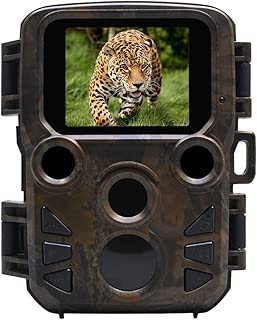
Shut down! How does this Covid-19 Pandemic closure of game reserves and nature parks impact the wildlife it is protecting?
A few weeks ago tourism in Africa came to a screeching halt due to the Covid-19 Pandemic. Long awaited African Safaris were canceled and visitors and volunteers fled the continent.
How is the Covid-19 Pandemic impacting Africa’s wildlife?

For some wildlife the break from the endless gawking of tourists may be very welcome. Cheetah, lions, elephants and leopards frequently deal with hoards of tourists crowding them. Excited onlookers in safari vehicles press in for that unique chance to capture that coveted photo.
Though most tourists are respectful of the animals, after all we’re in their home now, some are not. Like us humans, it doesn’t feel good when our personal space is invaded.
So, for some wildlife the lack of tourists may feel really good.

However, for others, the absence of people may spell trouble.
What are the downsides for the wildlife being left alone for a season? If the wild places were really wild places things might be different. However, we’ve interfered with nature more than we may realize, even in Africa.

With the tourists and volunteers gone poaching just got easier. For one, the sheer presence of hundreds of people keeps poachers at bay. Now with the money from tourism dried up where do the funds to pay the anti-poaching rangers come from? In some reserves the anti-poaching teams are funded by tourism dollars. Luckily in others ranger scouts are supported via donations. Like Lynn’s team in Malawi.
Either way, there has never been a better time to send some money along to help protect elephant, rhino, pangolin and other vulnerable wildlife from poachers.

Elephants and other wildlife used to migrate up and down the African continent in search of food and water. Today the movement of these wild animals is limited by fences and human activity.
In many reserves water is either hauled in or pumped from bore holes to fill the water holes. During times of economic stress and upheaval like with the Covid-19 Pandemic providing water may possibly fall by the wayside.

Although feeding the wildlife is strictly prohibited in most Game Reserves and National Parks, it still happens. Monkeys, hyenas and birds hang around picnic areas and camp grounds. They watch for any morsels of food dropped or left behind.
Unfortunately, some visitors toss chunks of meat or left overs into the bush. Some feel they’re doing the wild animals a favor, while others enjoy enticing them closer. At one camp we had hyena come right along the camp perimeter to snatch the meat our ‘neighbors’ had tossed through the fence for them.
When the humans are gone some of these wild animals have become so accustom to being fed they may hang around until they starve.

How is the Covid-19 Pandemic impacting Africa’s wildlife?
Looks like it a bit of good and bad. However, listening to the wildlife experts the wildlife poaching is bound to pick up as local villagers go hungry. Others suggest that the wildlife trafficking syndicates will take advantage and ramp up.Whatever reality is… wildlife and those who protect and preserve it deserve our help.
The post How is the Covid-19 Pandemic impacting Africa’s wildlife? appeared first on Nikela: Helping People Saving Wildlife.
* This article was originally published here


No comments:
Post a Comment